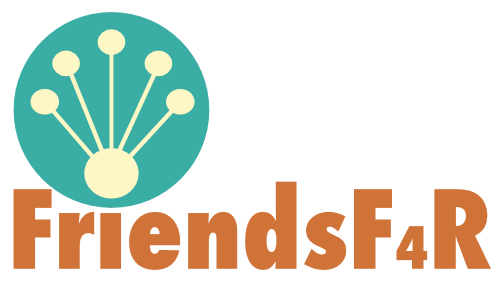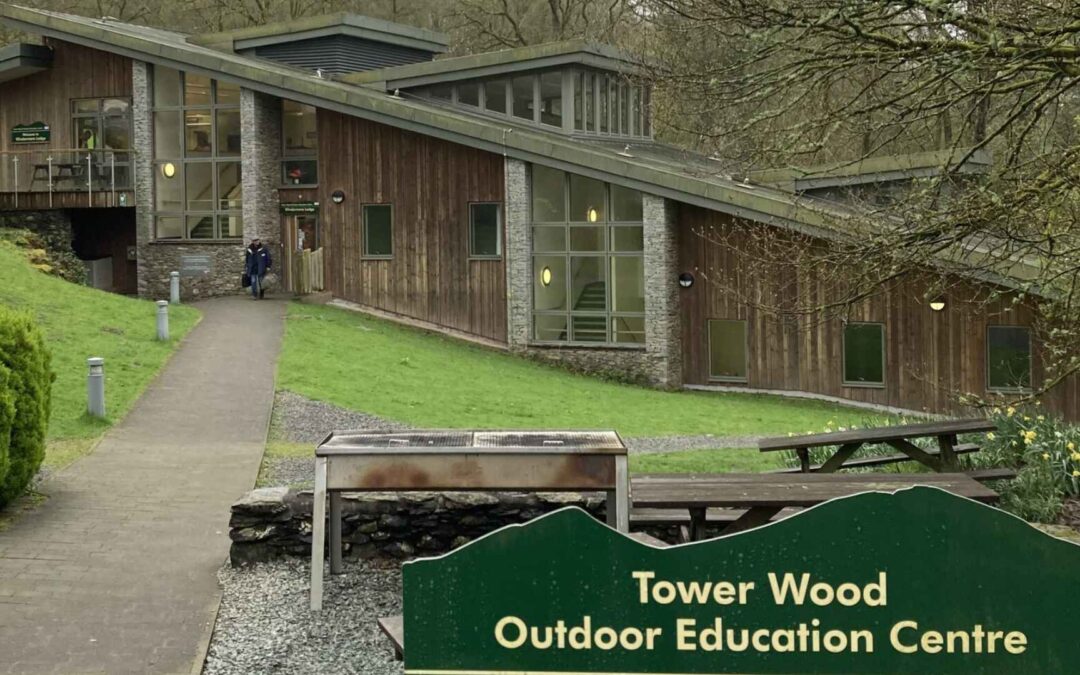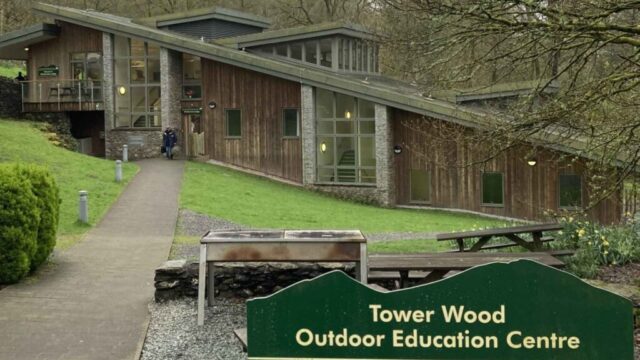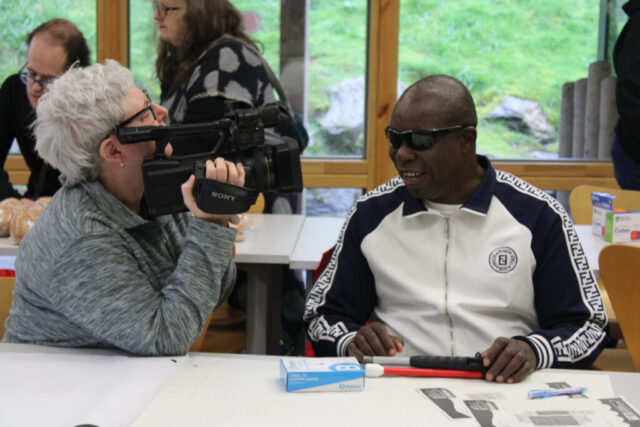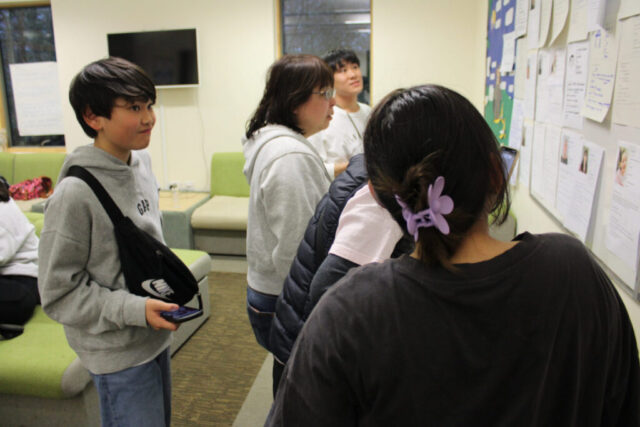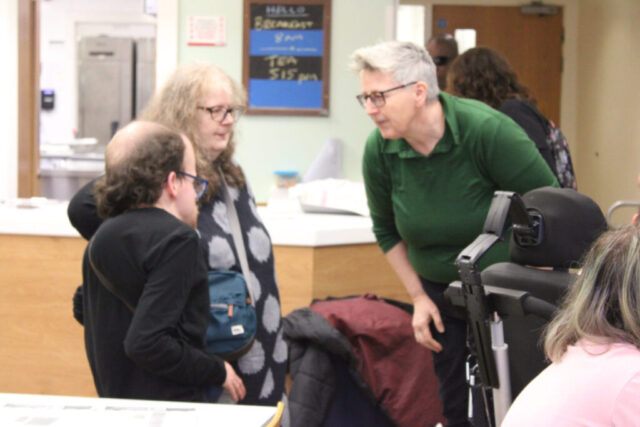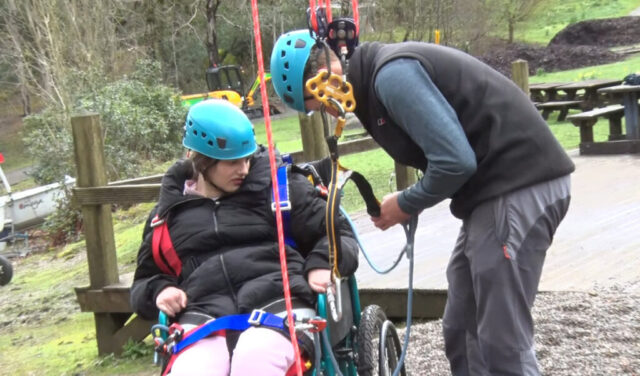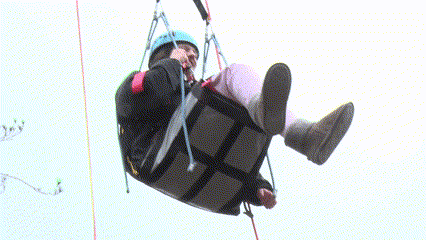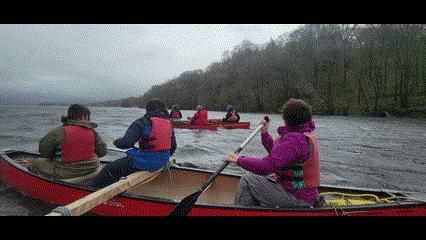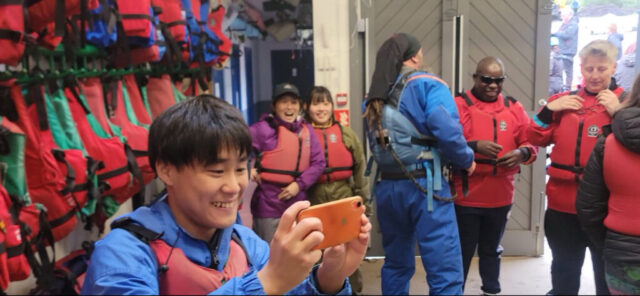The first Conference of the FriendsF4R Network was held between Friday 12th April – Sunday 14th April 2024. The young people planned ‘Challenging outdated ideologies around disability and special educational needs,’ a 3 day residential international conference at Tower Wood, Windermere, Cumbria, UK, attended by 38 people. This included 20 disabled young people aged 15-28 from the UK, Japan, Uganda, and Australia, 8 academics (UK, Japan, Uganda, and Australia and Zimbabwe), 2 ECRs, a Senior Lecturer in Film and 3 undergraduate film students (UK and Japan), a youth worker, and 4 carers. Participants and staff have a range of disabilities including cerebral palsy, gearing impairment, visual impairments and autism. This was the first time most of us had met in person so approaches such as a wall of participant profiles and activities such as kayaking and climbing enabled everyone to get to know each other and understand how we communicate.
The aims of the workshops were to:
- cocreate evidence (what matters to disabled young people and what can academics do to support collaborative research)
- develop collaborative research advice
- share experience of young people led projects and providing resources for young people’s microprojects
- make films about the growing network and collaborative research
- develop the foundations for a digibank of electronic resources for collaborative research
- write together
- identify what we can do next
Participatory activities organised by the research team were built around three themes that had been identified together through the previous online engagement meetings: Day 1 Connection
• Sharing information about who we are, our countries and our research projects
• Identifying what experiences and concerns are similar in each country? What is different?
• Identifying together what makes good inclusion or feeling that we belong.
Day 2 Reflection
• Sharing the challenges that affect us and how we address these.
• Imagining what a world free of disability discrimination and marginalisation would look like
• Developing understanding of what makes a good collaborative research project involving young disabled people and academics
Day 3 Action
• Learning how the network might help people to do more young people led research with impact
The researchers collected data from all of the activities including photographs of paper-based notes and drawings, artwork, audio recordings and video recordings.
